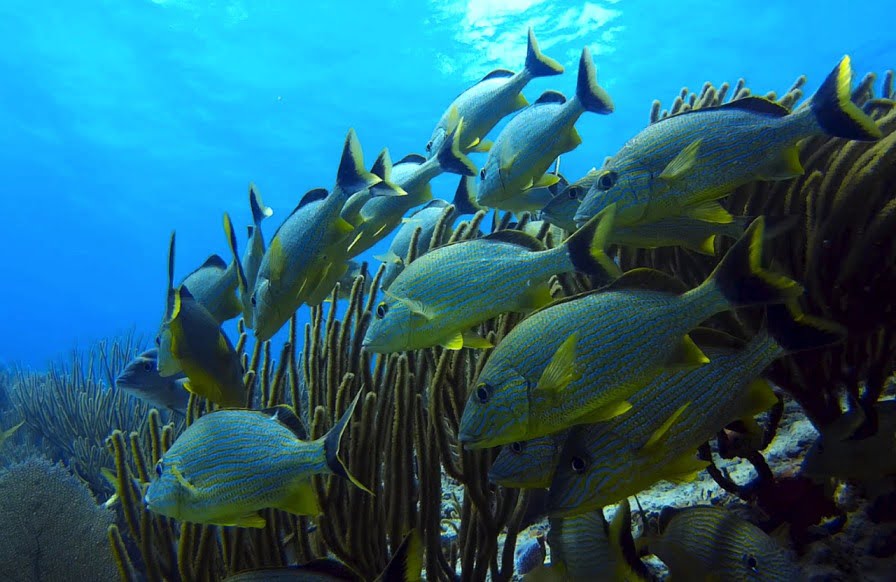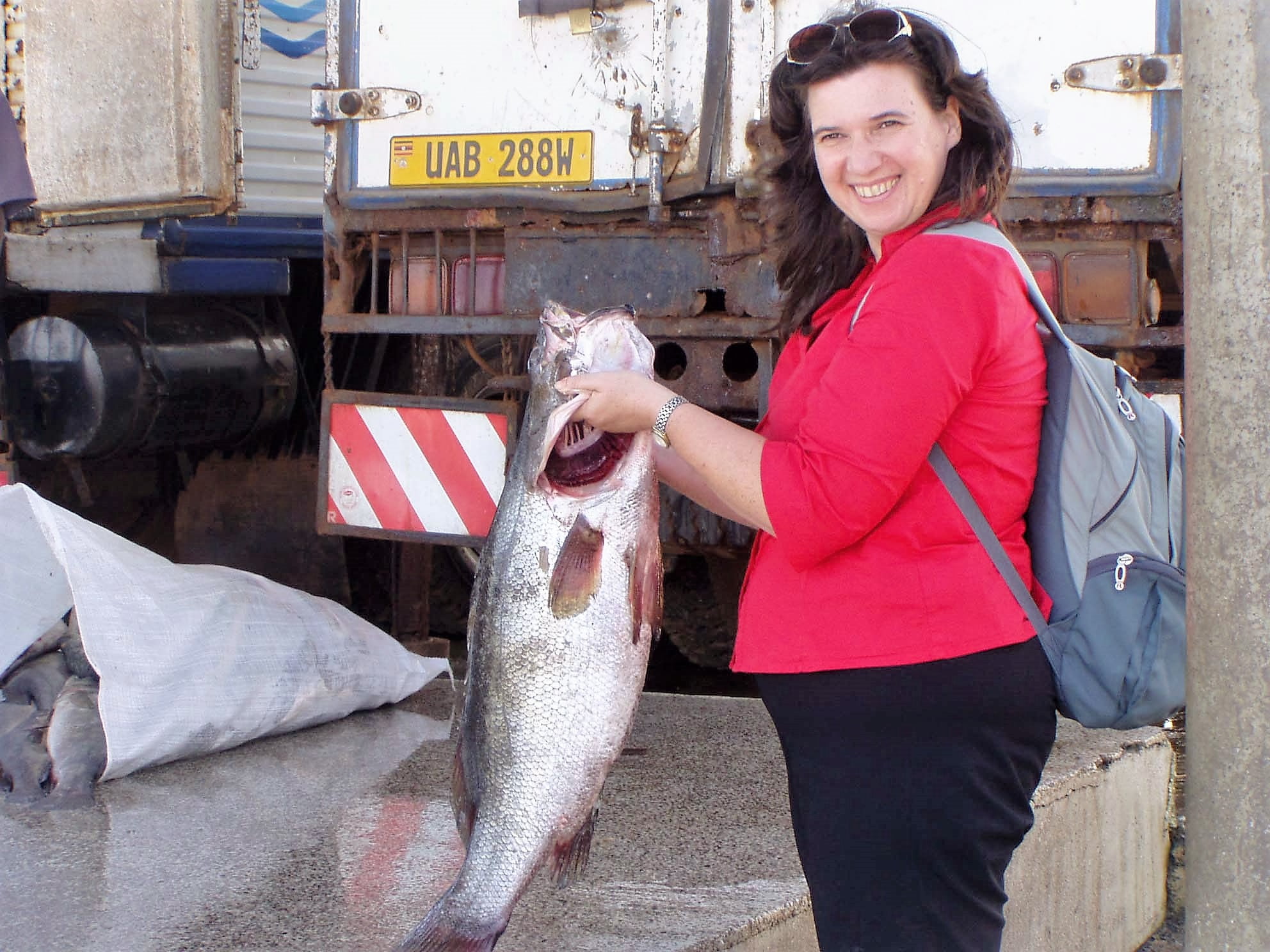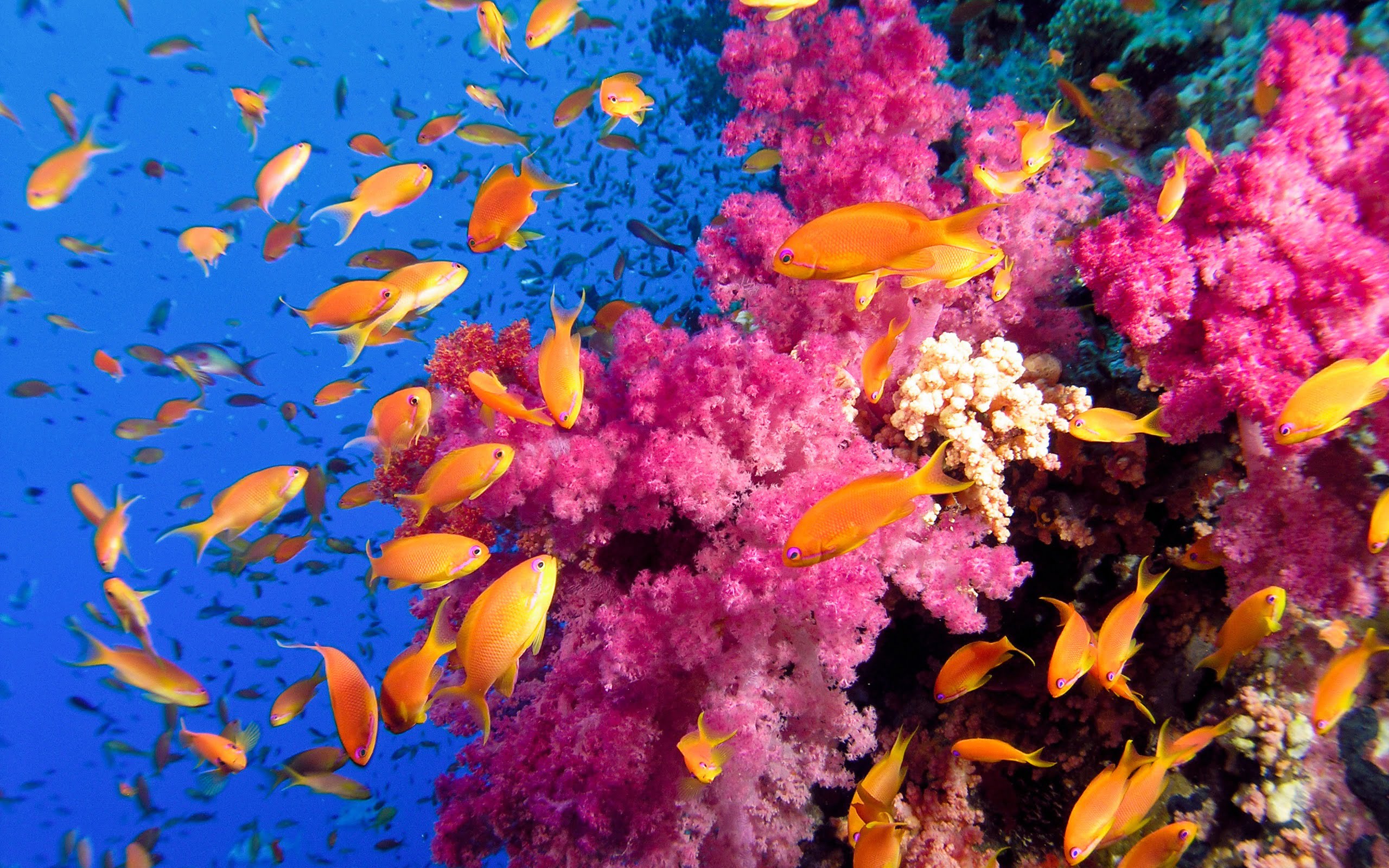Could this be the solution to world hunger? An Israeli researcher has found a new way to grow larger fish and feed the ever-expanding world population.
As the world faces a projected population increase from today’s 7.5 billion people to 9 billion people by 2050, the demand for sustainable food sources is on the rise. The answer to this looming dilemma may well reside within the booming field of aquaculture.
While wild fisheries have been on the decline for the last 20 years, aquaculture, or fish farming, is the fastest growing food-producing sector in the world, and will play an increasingly vital role in our planet’s food resources in the years to come.
SEE ALSO: Israeli Technology Allows Growing Fish In The Desert
One of the challenges to aquaculture is that reproduction, as an energy-intensive endeavor, makes fish grow more slowly. To solve this problem, Prof. Berta Levavi-Sivan of Israel’s Hebrew University identified tiny molecules named “Neurokinin B” (NKB) and “Neurokinin F” (NKF) that are secreted by the brains of fish and play a crucial role in their reproduction. Levavi-Sivan, a specialist in aquaculture, then developed molecules that neutralize the effect of NKB and NKF (which inhibit fish reproduction) to increase growth rates.
Gaining 25 percent more weight
These inhibitors can now be included in fish feed to ensure better growth rates. For example, young tilapia fed the inhibitors in their food supply for two months gained 25 percent more weight versus fish that did not receive the supplement. So far, NKB has been found in 20 different species of fish, indicating that this discovery could be effective in a wide variety of species.
The technology developed by Levavi-Sivan and her team was licensed by Yissum, the technology transfer company of the Hebrew University, to start up AquiNovo, established and operated within the framework of Israeli startup incubator The Trendlines Group. Currently, AquiNovo is further developing the technology to generate growth enhancers for farmed fish.
Sign up for our free weekly newsletter
SubscribeSEE ALSO: Something Fishy: Research Discovers Why Fish May Be Nearing Extinction
The field of aquaculture is flourishing around the world. In Europe, for example, aquaculture accounts for about 20 percent of fish production and directly employs 85,000 people. The sector mainly benefits those living in coastal and rural areas, where jobs are most needed.
Innovation award
Thanks to her discovery, Levavi-Sivan was recently awarded the Kaye Innovation Award for 2017, which has been given to innovative researchers since 1994. The awards encourage faculty, staff and students of the Hebrew University to develop innovative methods and inventions with good commercial potential, which will benefit the university and society.
Levavi-Sivan’s work focuses on fish reproduction and growth. She has published over 100 articles in refereed journals and has won several prizes for her findings. As a specialist in aquaculture, she has worked extensively in Uganda to combat depleted fish supplies in Lake Victoria.
Photos: Courtesy
Related posts

Resilient And Nutritious New Plant-Based Milk Aims To Make A Splash

Chocolate From Cultivated Cocoa Comes Without Environmental Toll

Plastic Fantastic: Startup Takes PVC Back To Its Crude Oil Roots






Facebook comments